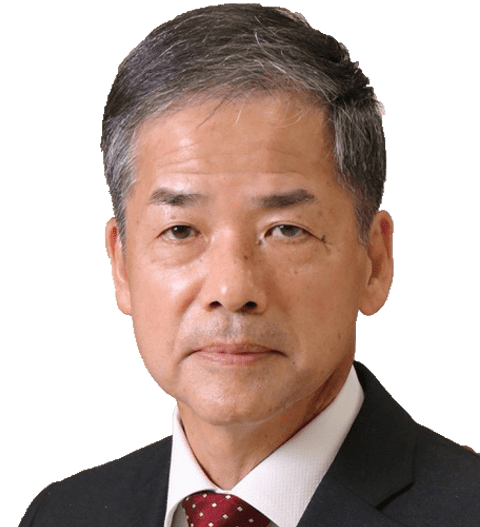Greeting from President

President Atsuro Miyata
Department of Pharmacology, Graduate School of Medical and Dental Sciences, Kagoshima University
On behalf of the organizers, We are pleased to announce that the 95th Annual Meeting of the Japanese Pharmacological Society will be held at Fukuoka International Convention Center and Fukuoka Sun Palace from Monday, March 7 to Wednesday, March 9, 2022.
Pharmacology is a fundamental and comprehensive science that systematically studies everything from genes to individual organisms, investigates life phenomena, elucidates pathological conditions, and builds the foundation for drug therapy. The Japanese Pharmacological Society has been contributing widely to the field of medicine and medical science through the discovery and development of new drugs. The Japanese Pharmacological Society was established in 1926 as a subcommittee of the Japanese Society of Medical Science, and since then, the society has held annual scientific meetings. It is a unique opportunity for people active in various fields related to pharmacology to meet, make academic presentations and discussions, and deepen friendships. Unfortunately, due to the global pandemic of COVID-19, last year’s 93rd meeting was held on paper, and this year’s 94th meeting was held in a hybrid format with web-based presentation. For the 95th meeting next year, although the situation of corona infection in Japan is still unpredictable, we are preparing to hold a regular meeting on site for the first time in a long time, as we expect that the situation will have settled down to some extent by next spring if vaccinations are promptly implemented.
The theme of the 95th Annual Meeting was “Innovation Commons : Creation and Succession of its Knowledge”. Pharmacology is the study of the interaction between drugs and living organisms, but in the 21st century, the concept of drugs has changed drastically and diversified. In addition to the conventional focus on synthetic compounds, gene therapy using DNA or RNA, protein drugs such as monoclonal antibodies, and regenerative medicine represented by iPS cells have been introduced, and various molecularly targeted drugs as chemical substances have been developed. These drugs are expanding the range of therapeutic options in modern medicine and making a significant contribution to the promotion of precision medicine from evidence-based medicine, which has been revolutionized by the progress of genome science. These innovations have been cooperatively created together with various basic medical sciences, including physiology, cell and molecular biology, immunology, oncology, pathophysiology, and pathology, using the field of pharmacology as an “innovation commons,” or a place for co-creation. In a word, the unique contribution of pharmacology to them is validation and evaluation, and the ingenuity of the assessment tools for them is due to the wisdom and knowledge that pharmacology has accumulated so far, which should be passed on to the next generation. In order to further enhance the presence of pharmacology as an innovation commons, I hope that this year’s meeting will provide an opportunity to develop further exchanges not only with related academic organizations, but also with the pharmaceutical industries.
We would like to beg your presence and contribution so that we can make this year’s meeting a fruitful academic meeting in Fukuoka next March.
